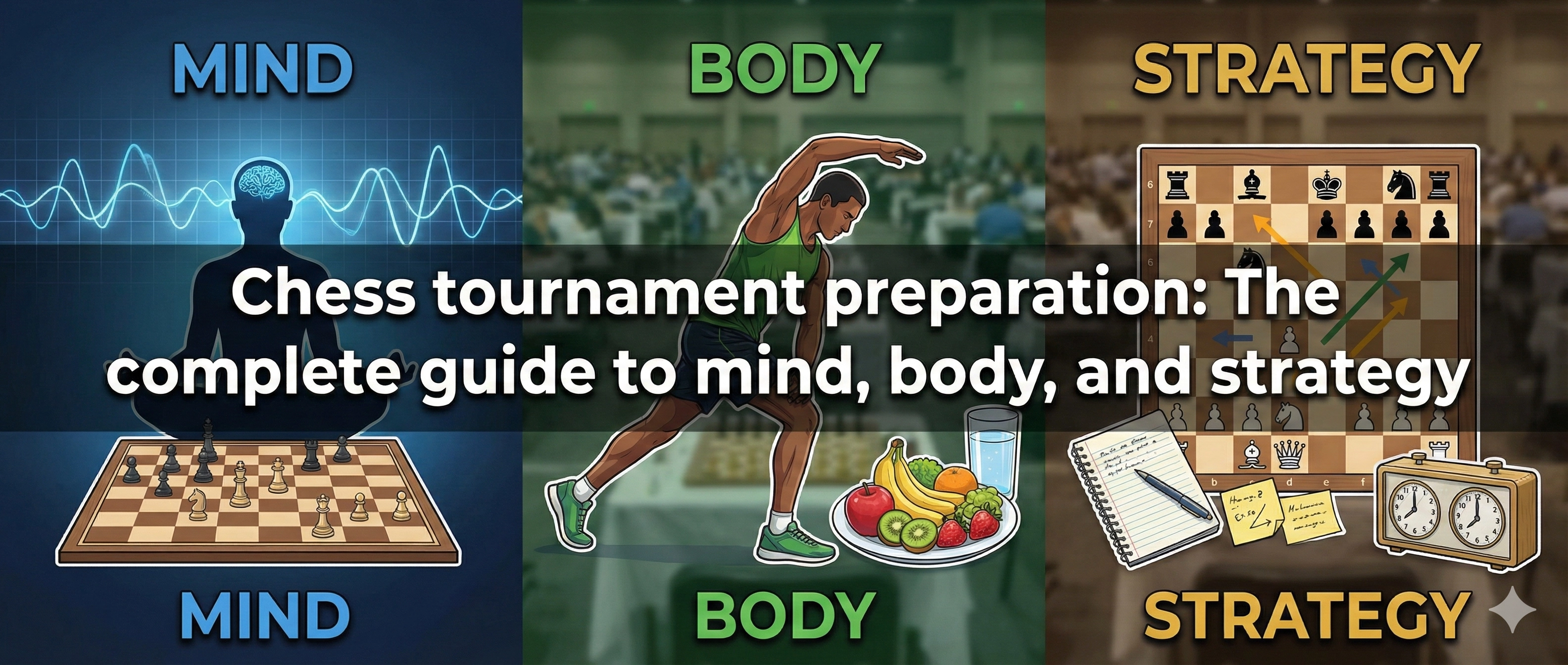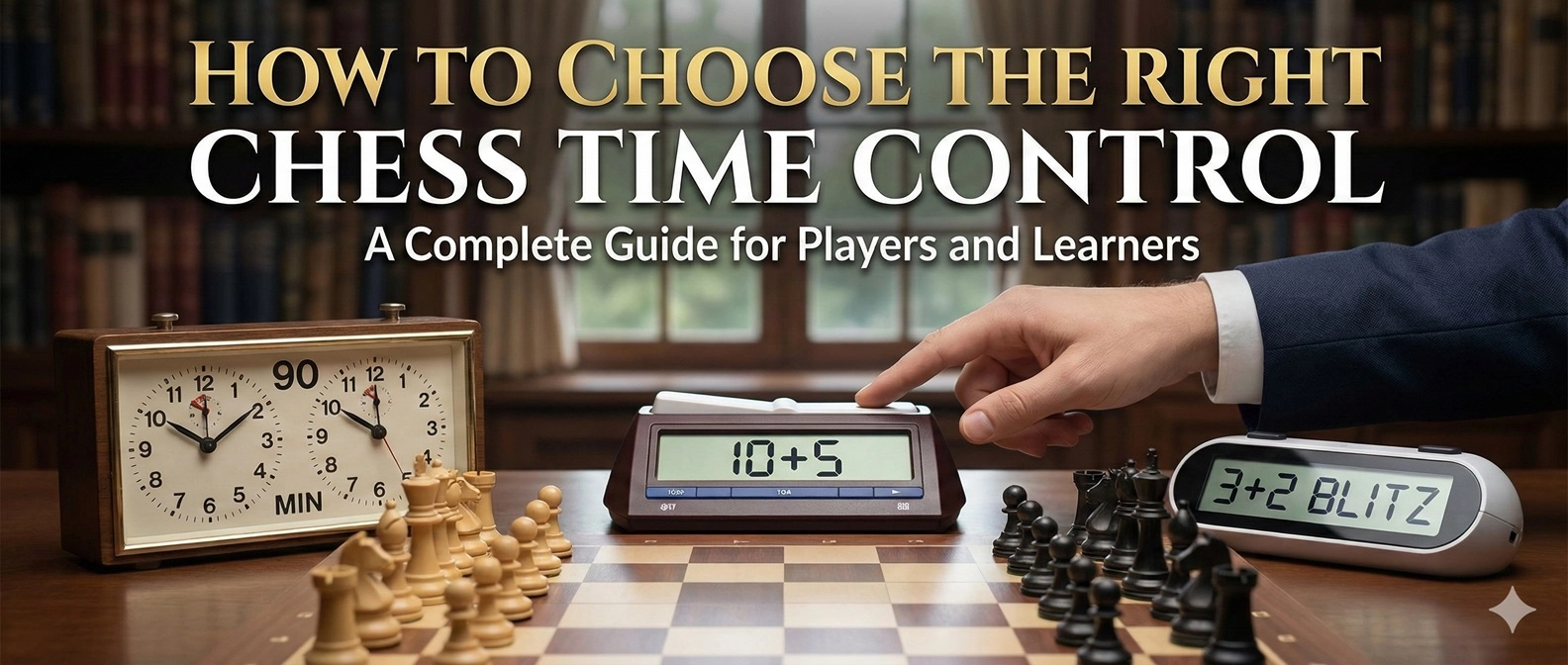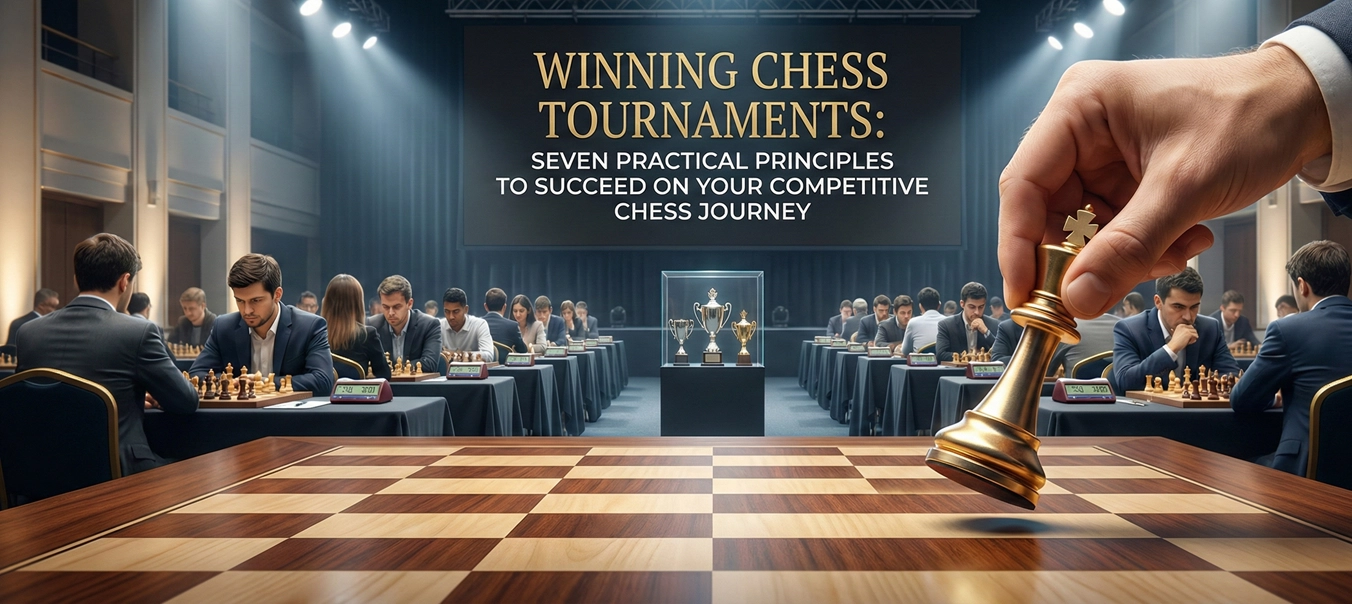Checkmates, tactics, openings, middle game strategy, endgame strategy, problem-solving Chess is all about these factors that were just mentioned above in the very first line.
But you see, chess is an ancient game, and has been developing at a remarkable rate. Almost everybody has tried their hands at chess because it is popular and brilliant.
But why doesn’t everyone seem to get the gist of it? What makes it so hard? There are only 32 pieces (16 on each side), but in these 32 pieces exist limitless possibilities.
To reach a stage where you can play decently, you need hardcore practice. Here’s the brutal truth, you can only learn through mistakes. There is no more fantastic teacher than experience.
But you won’t have enough time to make all these mistakes necessary to gain the essential wisdom. Why not learn by reading best chess books written by legends. Learn from their experience.
Why Read Chess Books?
Many great grandmasters have studied and shaped chess into the game we know today, and there’s no better way to improve than playing and practicing. Reading chess books can be just as valuable, offering insights from different perspectives much like reading any other non-fiction.
The more knowledge and experience you gain, the easier it becomes to recognize patterns, both on the board and in life. As Garry Kasparov famously said, “Chess is life in miniature. Chess is a struggle, chess is battles.
1. 7 Best Chess Books For Beginners
As beginners, you should first taste everything before going deep into the trenches. You should start reading books that you like and suit your knowledge level.
As beginners, you should first taste everything before going deep into the trenches. You should start reading books that you like and suit your knowledge level.
2. Bobby Fischer Teaches Chess by Bobby Fischer

This is the first book on our list and one of the best chess books of all time. You can’t talk about chess without mentioning Bobby Fischer. This book has been one of the best-selling chess books, with over a million copies sold.
3. Why read this book?
Initially published in 1966, this book uses a programmed learning approach, which permits the reader to go back and retry each question.
It teaches you the chess fundamentals, talks about memorable games, and beginner-friendly instructions.
Its text includes examples adapted from Fischer’s real games.
The book starts off with an explanation of the rules of chess and goes into chess puzzles that focus on finding a checkmate. Chess is a game of mental give and take. One day you win; one day, your opponent wins. “That’s what chess is all about. One day you give your opponent a lesson, the next day he gives you one.” - Bobby Fischer.
Chess is a game of mental give and take. One day you win; one day, your opponent wins. “That’s what chess is all about. One day you give your opponent a lesson, the next day he gives you one.” - Bobby Fischer.
4. How to Reassess Your Chess
Chess Mastery Through Chess by Jeremy Silman

Considered to be a modern-day classic, it explores the concept of imbalances, a section on chess psychology, easy-to-follow advice, and techniques to overcome these emotional failings.
The book offers instruction-rich prose and stories highlighting various lessons with illustrations to make things fun and personal.
5. Why read this book?
You will learn the basic endgame, middlegame concepts, and the true purpose of the opening.
You will be shown how to structure your thinking process and develop plans based on the needs of any given position.
This book is mainly written to give you a different perspective on the game and can be read by both beginners and intermediate players. Don’t rush in. “If your opponent cannot do anything active, then don’t rush the position; instead, you should let him sit there, suffer, and beg you for a draw.” - JEREMY SILMAN
Don’t rush in. “If your opponent cannot do anything active, then don’t rush the position; instead, you should let him sit there, suffer, and beg you for a draw.” - JEREMY SILMAN
FCO - Fundamental Chess Opening by Paul Van Der Sterren

The first move in any chess game can set the tone of the whole struggle. This book is a perfect survival guide to the chess openings. It does not give you a mass selection of variations to memorize.
1. Why read this book?
Grandmaster Paul Van Der Sterren offers a wealth of ideas and explanations with basic variations of each opening.
It is primarily designed to express ideas and motivations behind the different opening systems.
The book attempts to clarify the background of the genesis and the development of all major openings.
It also shows how most openings are much more interconnected on the same ideas and insights than many think. “The purpose of studying opening theory should not be accumulating any set amount of knowledge, but being content with whatever knowledge one has.” - Paul Van Der Sterren.
“The purpose of studying opening theory should not be accumulating any set amount of knowledge, but being content with whatever knowledge one has.” - Paul Van Der Sterren.
2. . The Art of Attack in Chess by Vladimir Vukovic

While the name suggests, it is about attacking; it is specifically about attacking the castled king.
3. Why read this book?
The information is densely packed, and occasionally Vukovic makes personal comments.
There is also substantial discussion about castling itself; when to do it, on which side of the board, when not to do it.
There is a very instructive comparison between kingside castling and queenside castling. A study of this world-class piece will surely add power to any chess enthusiast.
A study of this world-class piece will surely add power to any chess enthusiast.
4. Silman’s Complete Endgame Course by Jeremy Silman

This is the second book by Jeremy Silman on our list. You can’t go wrong with this book. It’s necessarily an endgame manual but does a brilliant job of teaching you the tactics and strategies.
5. Why read this book?
It starts with lower-level endgames and makes its way to a higher level and gives essential knowledge to pliers of all levels.
It flaunts fantastic explanations and plenty of exercises to test your understanding and can improve your play in all areas of the game.
6. My System by Aron Nimzowitsch

It is one of the top-listed chess classics out there in the world. It’s a book that focuses on playing for a positional advantage.
It is divided into 3 parts: The elements, positional play, and illustrative games. Nimzowitsch talks about the center play on open files, discovered checks, etc.
The idea of How the center can be controlled using pieces instead of pawns is one of the fundamental principles of hypermodernsim, which is widely accepted in the chess community.
7. The Life and Games of Mikhail Tal by Mikhail Tal

And finally, a biography, written by the “magician of Riga” himself. Mikhail Tal was the greatest attacking champion to exist. This is an autobiography about his journey with chess and his extraordinary career with charm.
8. Why read this book?
Mikhail Tal talks about some of the most insane tactics, like the type of sacrificial plays he made in his games.
He created enormous complications for some of the best players through his intuition and sent them down a confusing spiral. But these are not the only reasons to read this book. The real reason you should read this book is the way it is written. The writing in the book is very personal and full of love for the game of chess. He makes you fall in love with his passion for this masterpiece of a game. “You must take your opponent into a deep dark forest where 2+2=5, and the path leading out is only wide enough for one.” ― Mikhail Tal
But these are not the only reasons to read this book. The real reason you should read this book is the way it is written. The writing in the book is very personal and full of love for the game of chess.
He makes you fall in love with his passion for this masterpiece of a game. “You must take your opponent into a deep dark forest where 2+2=5, and the path leading out is only wide enough for one.” ― Mikhail Tal
Chess Books For Beginners: Honorable Mentions
1. Logical chess
Move by move, written by Irving Chernev

In this book, we find out from Chernev the purpose of every single move he makes in a game.
It has diagrams and notations to illustrate the concepts clearly as well. We follow the ideas, the methods, the inner workings of his mind, and the advantage of positional play.
2. Learn Chess Tactics
Written by John Nunn

Written by an English Grandmaster, this book talks about the most important part of chess which is the tactics. If you’ve learned the game’s basic rules, the next logical step would be to learn tactics.
John Nunn is renowned for his devastating tactical abilities. There are various exercises throughout the book to test your understanding. This is probably the best chess book on tactics for beginners.
3. Think Like a Grandmaster
Written by Alexander Kotov

This is the first book of a three-part series. This book carries a considerable amount of instructions in it. It’s basically a manual for you to learn to think like a pro. He talks about variation analysis, how blunders occur and how you can avoid them. This can prove helpful to all aspiring players.
4. Zurich International Chess Tournament
1953, written by David Bronstein

It is a consolidation of chess games played by various other grandmasters in the legendary tournament with 210 contested games. It’s filled with algebraic annotations and many diagrams to go with them. As much as you think that studying the theory is essential, looking at the matches between Grandmasters is equally valuable intel to have.


Conclusion
Chess is a very competitive game with a lot of mental struggle. Well, do you think chess is a sport? read. Chess is played more inside the head than on the board, but just reading these books won’t do you any good.

You should read these chess books while having a chessboard in front of you, so you can test things out. The game rules are fairly simple, but playing it is an entirely different experience. For that, you need practice and coaching.
You can try learning on your own (which is very tricky and takes a lot of time) or take online chess lessons to help you navigate the water a little better. We can trace the origins of chess back to India in the 8th century, but it is a world game now, so you’ll be among great minds and brilliant strategic artists.
Chess can teach you valuable lessons about life. And with that, we leave you with a quote. “Play the opening like a book, the middlegame like a magician and the endgame like a machine” - Rudolph Spielmann.
FAQs
1) What is the difference between chess strategies and tactics?
Chess strategies refer to making a good plan for a position. Tactics refer to how you can see a combination of moves or recognize patterns 2-5 moves ahead under which you can gain an advantage.
2) Which one is better: self-help or instruction?
As a beginner in chess with little experience, you should not go with self-help books. You should take up manuals with instructions and a step-by-step approach to teaching.
Once you have gained decent experience with these, you should consider taking up self-help books. For example: Say you want to learn queen’s gambit declined or something this advanced in the future, you can’t do it without knowing how to set things up on the board. This is where instructional manuals play a considerable part.

3) In what order should I read the chess books?
As a beginner, it might seem overwhelming, with many books out there. But there is a logical order you can follow.
Always read the books that have an overview of the entire game.
Learn the basics with instructional manuals
Learn tactics and strategies. This is the introductory lineup. Next, you want to get into the nitty-gritty, with things like
This is the introductory lineup. Next, you want to get into the nitty-gritty, with things like
Opening strategies
Middle game strategies
Endgame strategies
Problem solving and puzzles You should also indulge in reading game collections while going through all these; this helps you observe everything you learned in the books in a natural game setting.
You should also indulge in reading game collections while going through all these; this helps you observe everything you learned in the books in a natural game setting.






Comments